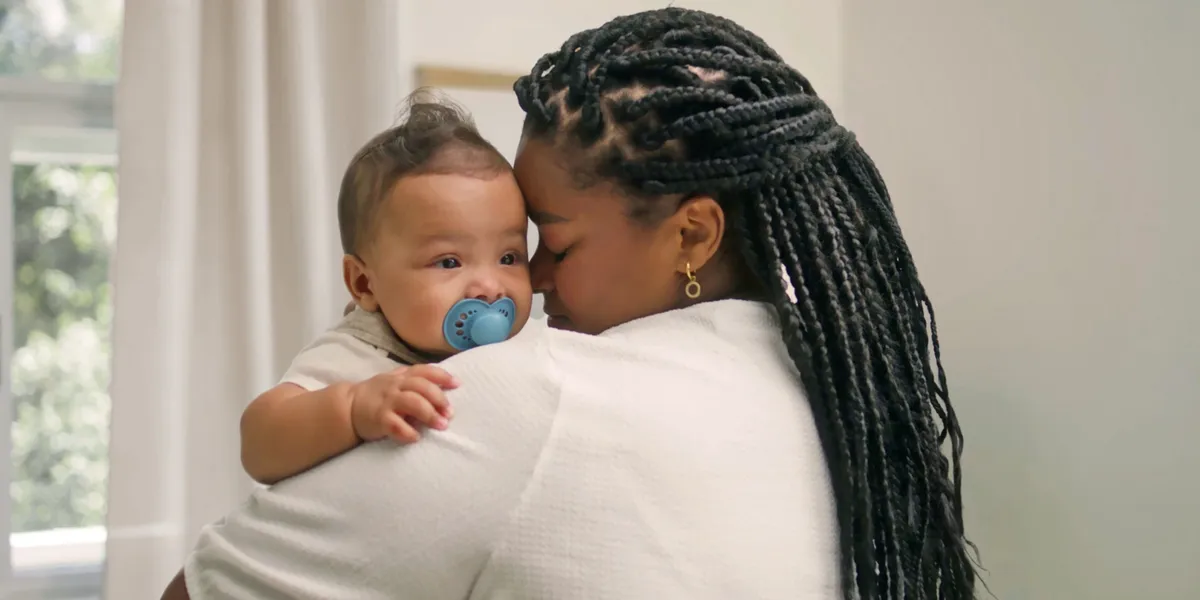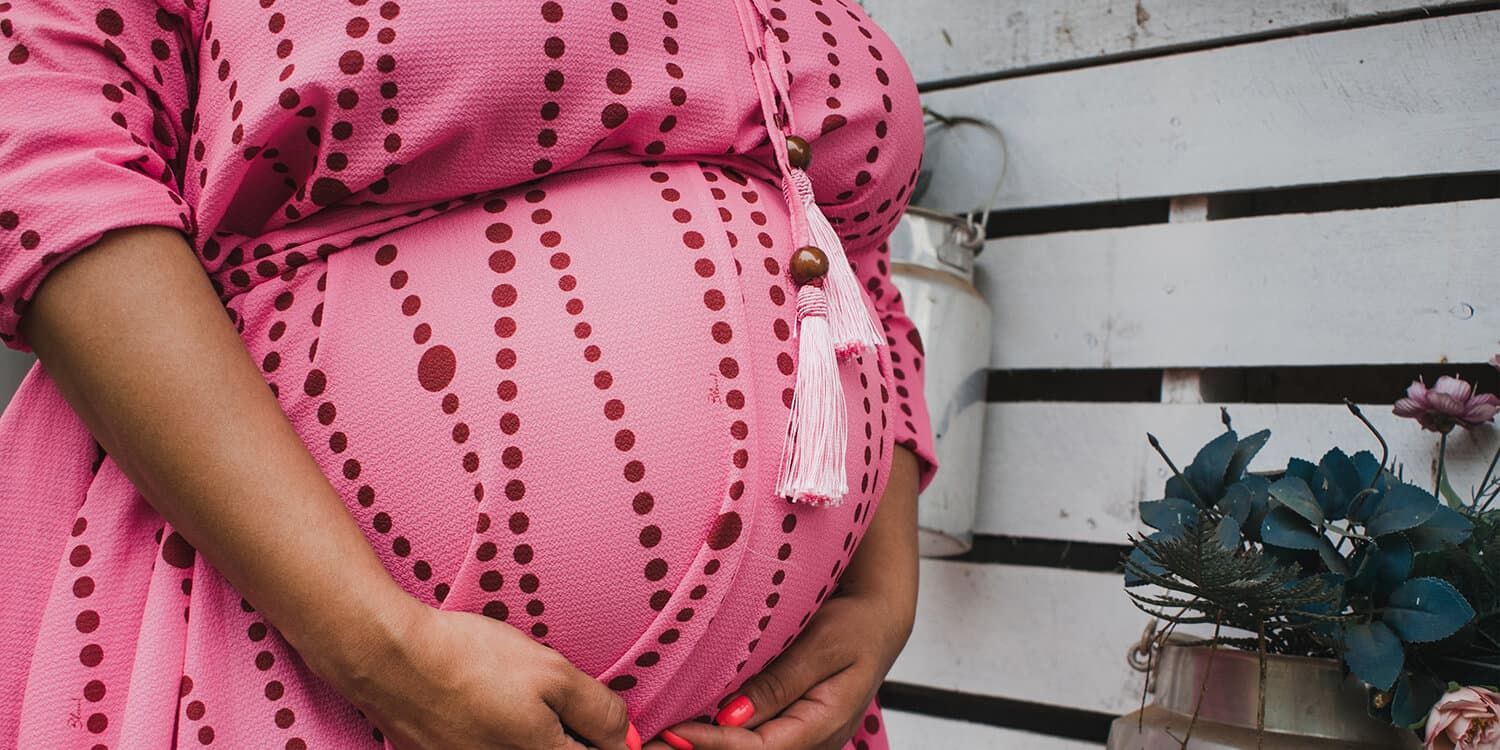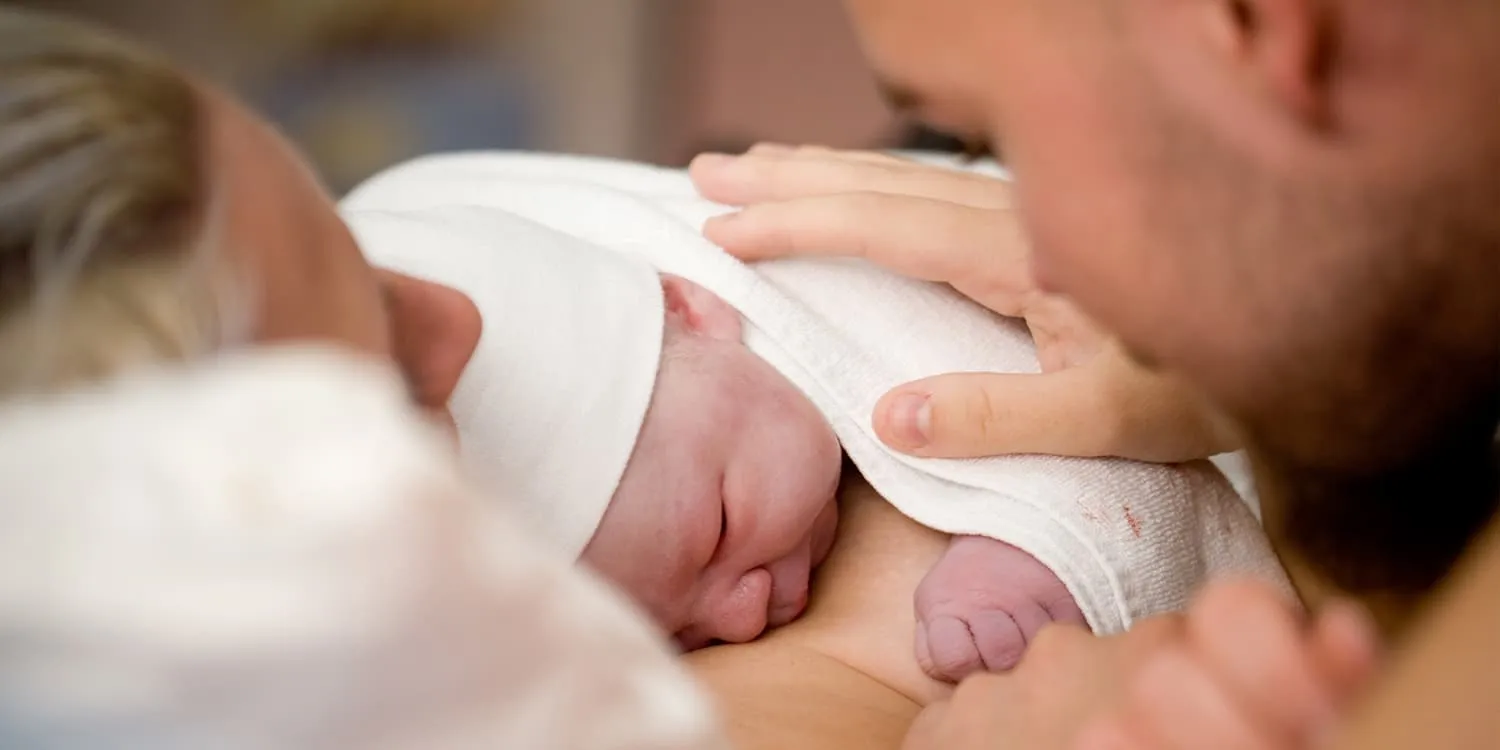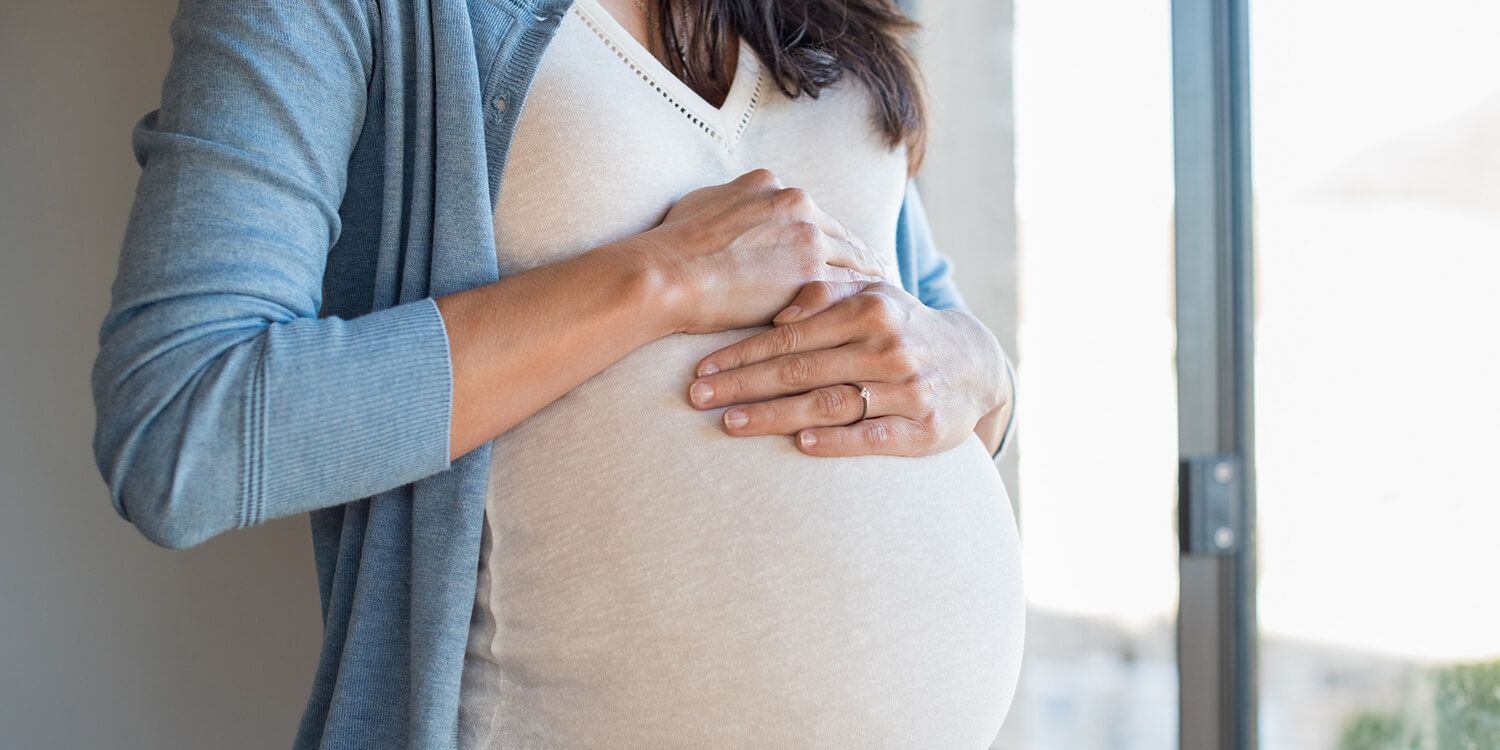Fed up? Most pregnant women feel the same in the final two weeks! Your bump has now reached its maximum size. Your entire abdomen probably feels like it is being pulled and squeezed – your body is clearly getting ready for the birth. Read on to find out when it's time to go to hospital (or call the midwife for a home birth) and two more key questions before the birth.
What's going on inside you at 39 weeks pregnant?
The size of the foetus is around 49-50 cm (crown - heel) and it weighs approx. 3250-3500 grams. The feet are approximately 8 cm long and the head has a diameter of around 10 cm.
Your baby is now roughly the size of a Watermelon.

Space is still very tight – your baby is probably not moving very much now but your baby should still be moving around. Perhaps you are already aware of your little one's phases of activity and sleep? If you notice a change in your baby’s regular pattern of movements, contact your Midwife or Doctor. Calm before the storm is not unusual, although you should still be able to feel your baby just a much as normal, even though it is sleeping so much.
The vernix caseosa has now all but disappeared – so much so that it can ease the baby's way as it slides through the birth canal. Your baby will take this time, if it needs it, to put some weight on.
How do you feel at 39 weeks pregnant?
It's getting more exciting! And there are three questions that you will particularly want the answers to:
1. What are the signs of labour?
There are a few signs that things might start soon, including:
- Loss of appetite
- Tiredness
- Inner anxiety – this can also manifest itself through the "nesting instinct". Shortly before the birth, many women once again become consumed by the urgent need to deep clean the house, wash the curtains, clean the carpets, and wash all cabinets inside and out. If it helps you to relax and makes you feel better, just do it. But be careful not to risk harming yourself or your baby, for example, by climbing a ladder or lifting something heavy.
- Your bump drops and you find it easier to breathe
- Greater urge to urinate
- Diarrhoea
- Back pain or pain resembling period cramps
- Vomiting and/or nausea
These signs are a clear indication that the birth is imminent:
- Contractions that become stronger, more frequent, develop into a regular pattern and last 30-60 seconds.
- Slimy and/or bloody discharge – the mucus plug that seals the cervix during pregnancy to protect the baby may be discharged as late as when the baby is born, but sometimes it can be discharged one or two days earlier. This is called the "bloody show".
- Watery fluid (rupture of the membrane)
2. What do I need to think about or do before this happens?
- Who do you want to be with you at the birth?
- Have you prepared a birth plan (this includes details of who should be there with you, whether you want music at the birth, whether you want pain relief and what pain relief you can take, whether you want the baby to be handed to you immediately after it is born for bonding, whether you want to breastfeed, etc.)?
- • Who will be looking after your other children and/or any pets while you are in hospital? Is everything ready (e.g. food, nappies, clothes, pet food)?
- Can your birth partner be contacted at any time?
3. At what point before the birth do I need to go to hospital?
- When the contractions come every 5-7 minutes, last for 30-60 seconds, and are getting stronger.
- If there is any heavy bleeding.
- If there is a rupture of the membrane – regardless of whether you’re experiencing contractions, contact the hospital if your water breaks.
- Apart from that, go to hospital any time that you feel pain and would feel better in hospital, or contact your doctor.
If you have a midwife or doula, they can also answer many questions about childbirth and support you until it's time for you to go to hospital.
Photo: Unsplash




























